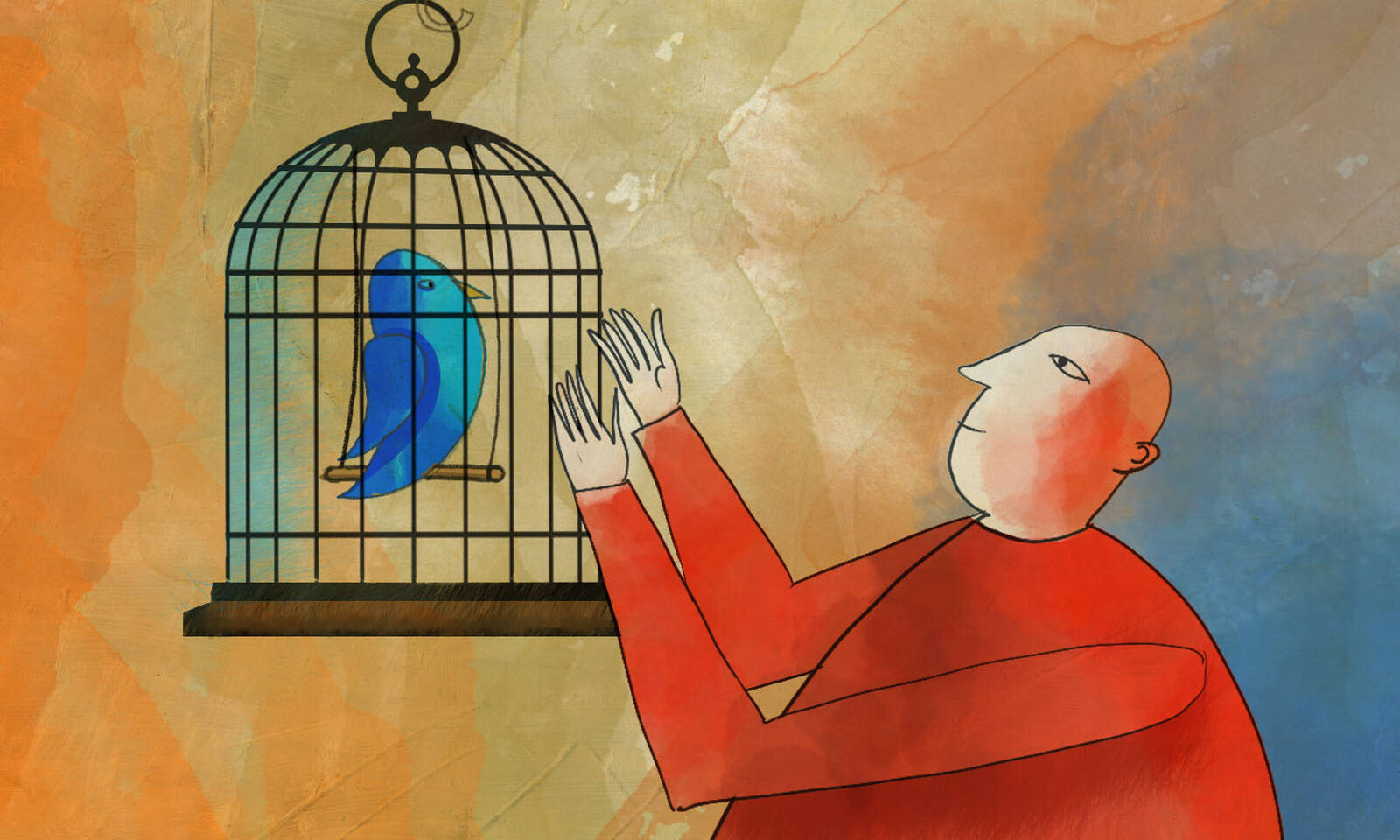Featured Faculty
Joseph Jr. and Carole Levy Chair in Entrepreneurship; Clinical Professor of Finance

Yevgenia Nayberg
Elon Musk wants out of his agreement to purchase Twitter, Twitter isn’t having it, and all eyes are on a courtroom in Delaware, where a legal showdown is set to unfold.
Of course, Musk isn’t just any buyer, and Twitter isn’t just any seller. But the high-profile nature of the parties involved isn’t the only reason the business community will be watching the case closely. According to José María Liberti, a clinical professor of finance at Kellogg, there’s a lot at stake.
Kellogg Insight recently spoke with Liberti about the dispute—and why a Musk victory could have broad implications for merger and acquisition activity in the future. Our conversation has been edited for length and clarity.
Kellogg Insight: So why exactly is Musk trying to walk away from his agreement to buy Twitter?
José Liberti: Musk is supposedly terminating the merger agreement because Twitter has not provided information he requested that would allow him to make a serious independent assessment of the quantity of fake news or spam accounts on Twitter’s platform. Musk has also accused Twitter of making false statements and providing misleading data that Musk relied on when making the offer and entering into the agreement.
So, in legal terms, according to Musk and his lawyers, Twitter is in material breach of different provisions of the agreement. Therefore, Musk wants to walk away plain and simple from the transaction, claiming a company Material Adverse Effect (MAE). Sometimes this is also referred to as a Material of Adverse Change (MAC) clause.
In a response letter, Twitter lawyers deny these attacks, claiming that Twitter has not breached any clause of the agreement. In fact, the letter specifically mentions that Twitter provided all the requested information.
Insight: Interesting. If Twitter did indeed provide the requested information, why would Musk try to argue otherwise?
Liberti: Well, there’s some context here that may help to explain that. After the merger agreement, the market value of Tesla decreased by more than $100B from its peak in November 2021, and the price he agreed to pay for Twitter became less attractive.
In my view, there is a lot of hypocrisy here from Musk. In Musk’s hypothetical world, the merger agreement with Twitter is predicated on no more than five percent of Twitter’s monetizable daily users being bots. Thus, if Musk discovers this is wrong, he can walk away, and maybe even sue Twitter for damages for misleading him. (This is why he wanted to delay the trial: so he could show that this five percent number is wrong, so he can claim misrepresentation in previous Twitter filings.)
[Musk’s] his argument now that bots and fake news are a reason for pulling out is its own kind of “fake news.”
— José Liberti
But in the actual merger agreement with Twitter, none of this is true. There is absolutely no reference to bots. In fact, when he made the offer, he said he was buying it to “defeat the spam bots.” In essence, his understanding that Twitter may have more than five percent spam bots was partly why he wanted to purchase the company in the first place—making the actual percentage of spam bots (which is very difficult to determine) irrelevant. He even mentioned that he did not need to do a due diligence for this reason. So, his argument now that bots and fake news are a reason for pulling out is its own kind of “fake news.”
Insight: How do you see this all playing out? Will Musk be forced to purchase the company?
Liberti: The role of the Delaware Court of Chancery is going to be key. Delaware must decide whether to enforce the original merger or to impose an alternative solution. In essence, it is a choice between enforcing the sanctity of contracts and utilizing the discretion afforded to the courts.
The market seemed to believe that the deal would not close. Note, for instance, that the arbitrage discount—that is, the difference between the offer price and Twitter’s current stock price—is large. This reflects investors’ beliefs that Musk will not purchase Twitter, at least not at the price he originally offered on the original date it was supposed to close. But things change quickly. When Delaware announced the expedited trial of the transaction, which will begin in October, the stock price jumped five percent.
When damages are easily measured, it is easier to break the contract. This works in Musk’s favor, because in this case the damages are very easy to measure since they are capped at the reverse break-up fee of $1B.
I’m not so sure this will be the outcome, however.
For one, the merger agreement is very tight. With no financing contingency or diligence condition, the agreement gave Musk no out absent an MAC/MAE or a material covenant breach by Twitter. But these are not extraordinary times as in the financial crisis, when many companies went through the same game of using MACs to back out of deals. So, Musk had to try to conjure one of those with his percentage of spam accounts on Twitter. I find his argument ridiculous. Musk can still afford to close the deal. Bad luck after-the-fact—with the tech sector collapsing—should not change the terms.
In addition, the cards are stacked against Musk if you look toward precedent. Previous cases, like the Huntsman v. Hexion case, severely limit the use of MAC/MAE clauses as a way to terminate mergers.
Finally, the Delaware Court prides itself on clarity and predictability. Breaking the contract will set a very dangerous precedent for acquirers, because it will mean that the rules of the game are not clear—that any contract can be broken, and we should not believe any agreement put in writing. And Delaware does not want to destroy the clarity in its decisions.